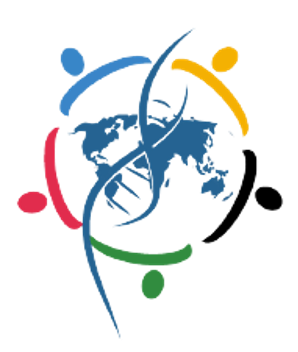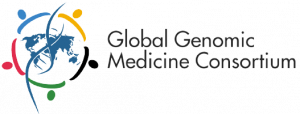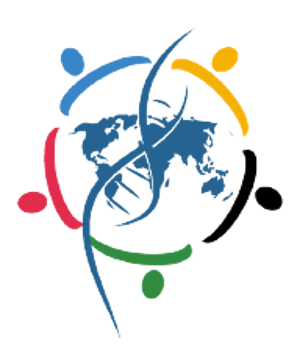WHO Science Council Workshop Series
Workshop 3: Historical, Legal, Ethical, and Regulatory Considerations
Thursday, 2nd December 2021, 13:30 – 17:30 CET| Virtual
Register for the WHO Science Council Series
From the WHO Agenda:
About this event
Advances in science and technology hold great promise for new and improved ways to address global health and to support healthier populations worldwide. Achieving the World Health Organization’s (WHO’s) traditional goals, as well as more recent and more explicit objectives such as the triple billion targets, will require foresight and careful consideration of how new technologies support and align with WHO’s mission and purpose. To this end, the WHO Science Council, a group of distinguished scientists from around the world, was formed to work with WHO’s Chief Scientist, Dr. Soumya Swaminathan, on priority issues and to advise the WHO on scientific breakthroughs and new technologies that can help the WHO achieve its goals.
Genomics Technologies
The Science Council has identified genomic technologies as having significant implications for public health, given their broad applications across health and disease states and throughout the human lifespan, as abundantly documented in wealthy countries and during the Covid-19 pandemic.
The Science Council is organizing a series of three workshops to better understand the significance of accelerating access to genomics technologies and the difficulties of doing that, especially in low- and middle-income countries.
Objectives of the workshop series are:
- To gather information about the benefits and use of genomic technologies for low- and middle-income countries
- To discuss the impediments to implementation, and brainstorm on possible solutions
- To gain perspective on approaches and lessons learned from both successful and failed implementations
- To engage communities of experts and stakeholders in developing recommendations based on understanding diverse needs, applications, and considerations of low- and middle-income countries





